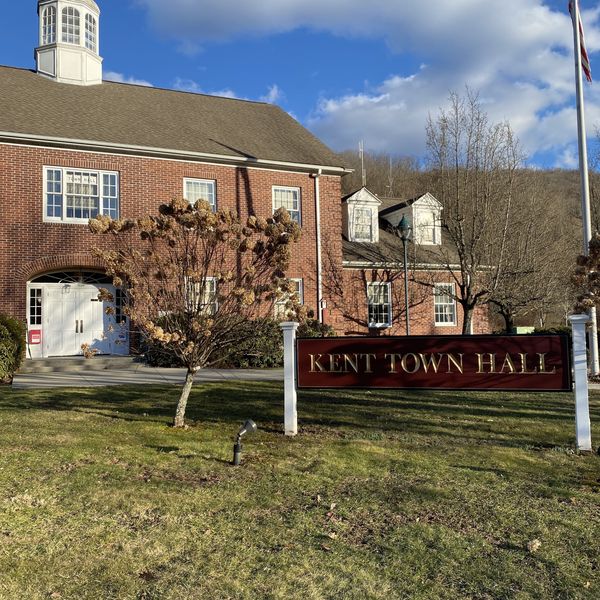Lake association plans to tackle invasive plants in Mudge Pond

From left, Mudge Pond Association Chair Andrew Cahill, Eversource Energy Community Relations & Economic Development Specialist Tim Waldron and Sharon First Selectman Casey Flanagan.
Provided






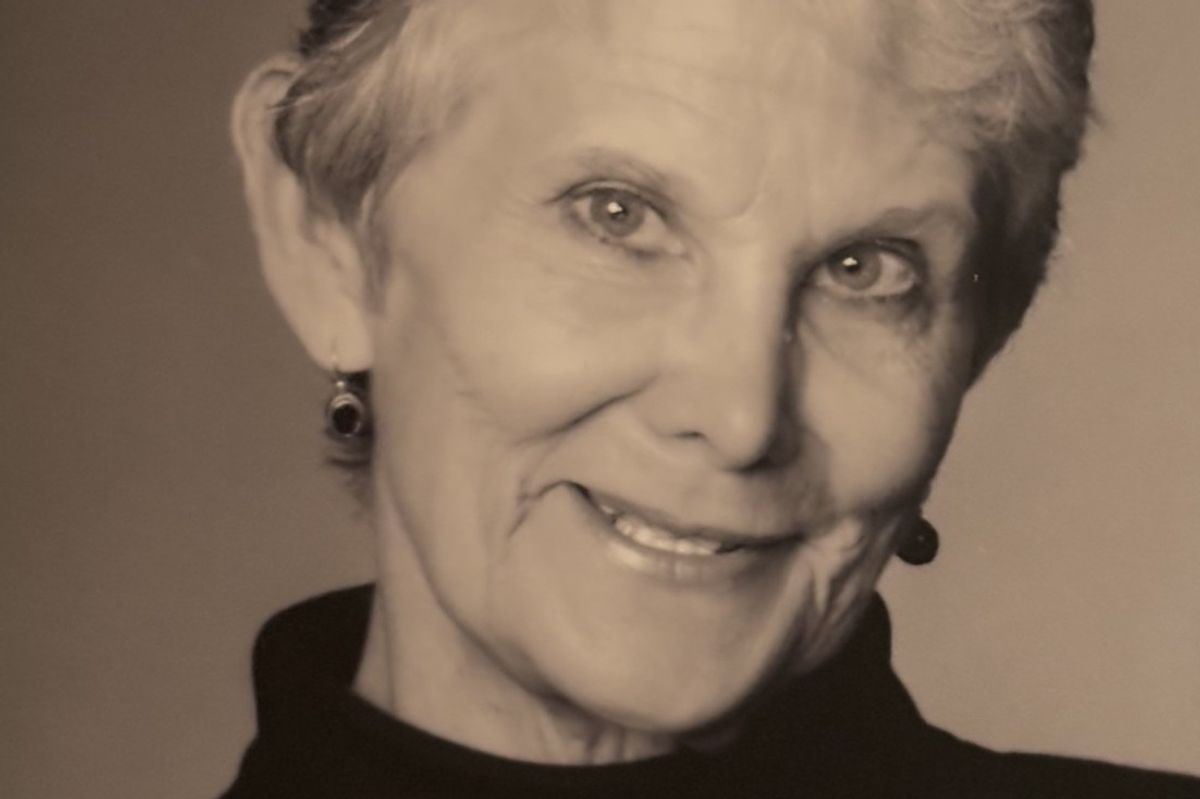
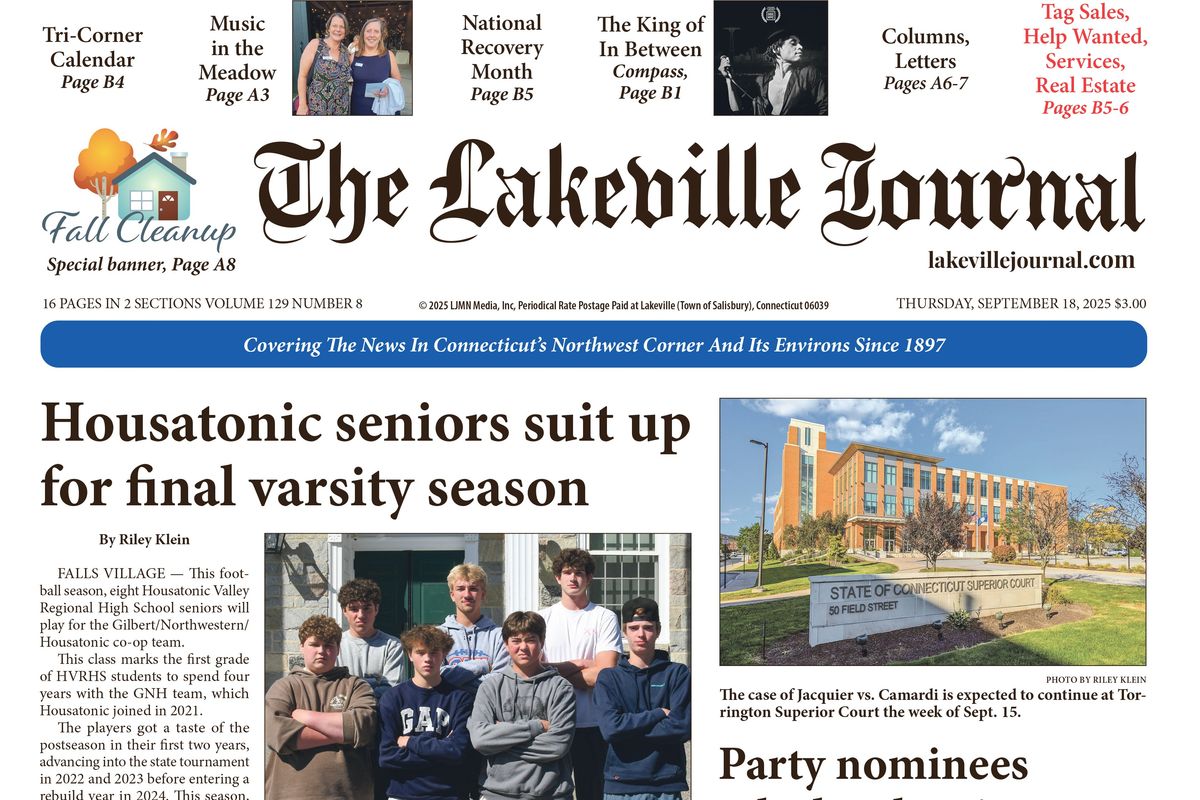

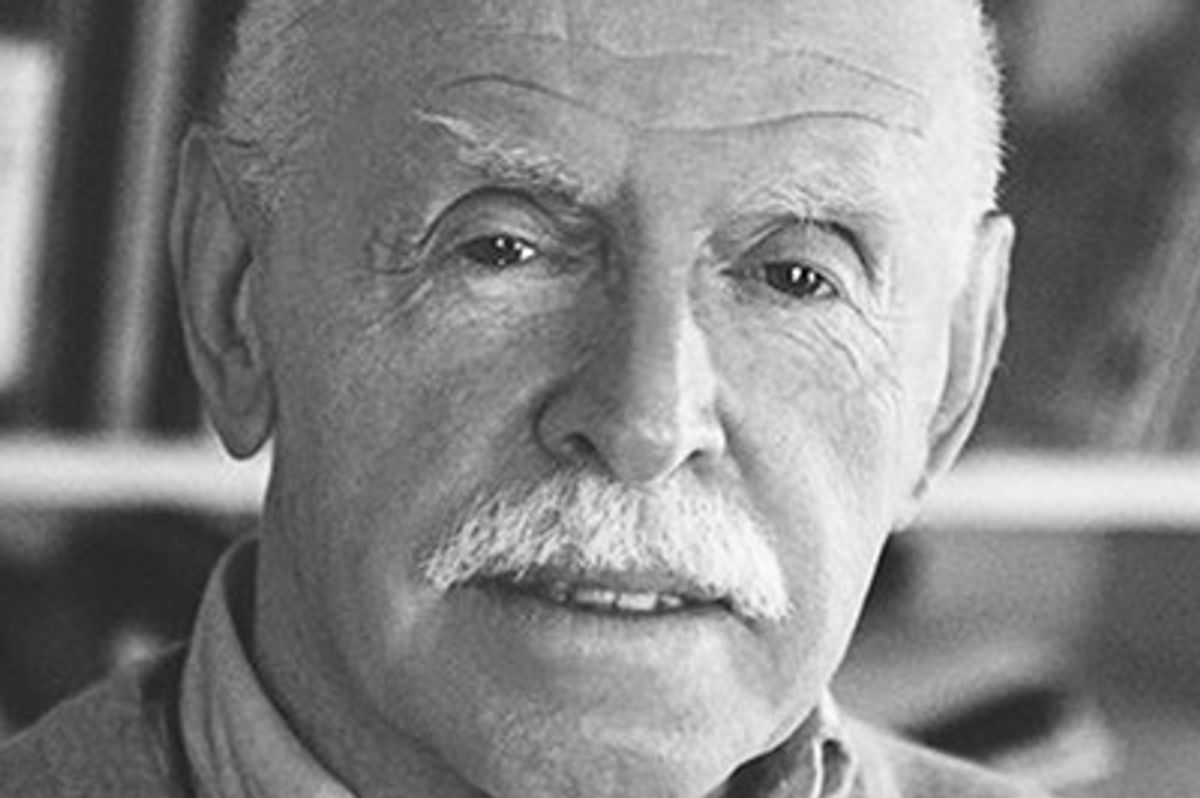
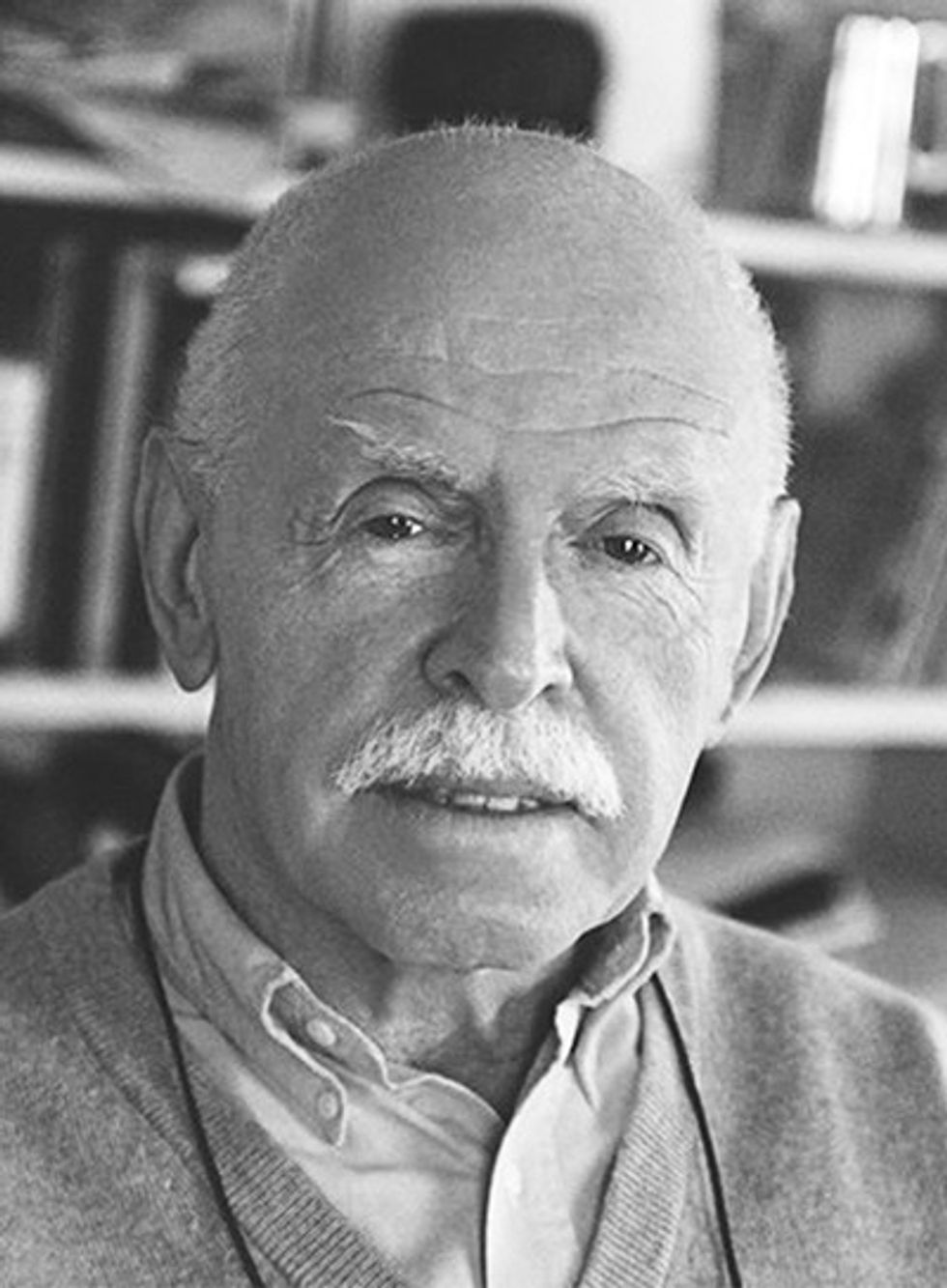 Jerome A. Cohen, author of the memoir “Eastward, Westward: A Lifein Law.”Haystack Book Festival
Jerome A. Cohen, author of the memoir “Eastward, Westward: A Lifein Law.”Haystack Book Festival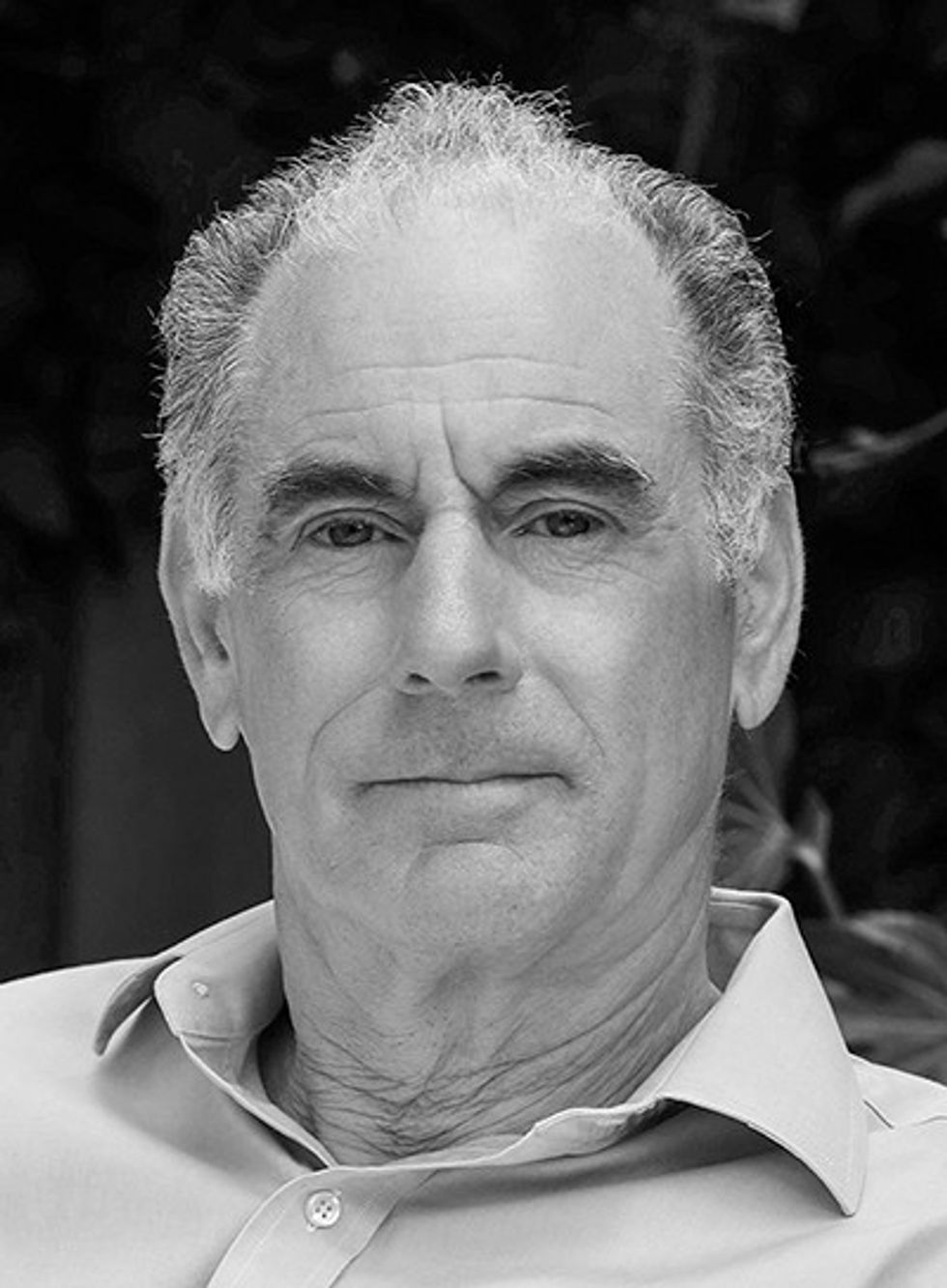 Mark Clifford, author of “The Troublemaker: How Jimmy Lai Became a Billionaire, Hong Kong’s Greatest Dissident, and China’s Most Feared Critic.”Haystack Book Festival
Mark Clifford, author of “The Troublemaker: How Jimmy Lai Became a Billionaire, Hong Kong’s Greatest Dissident, and China’s Most Feared Critic.”Haystack Book Festival Journalist Richard Hornik, adjunct senior fellow at the East-West Center in Honolulu.Haystack Book Festival
Journalist Richard Hornik, adjunct senior fellow at the East-West Center in Honolulu.Haystack Book Festival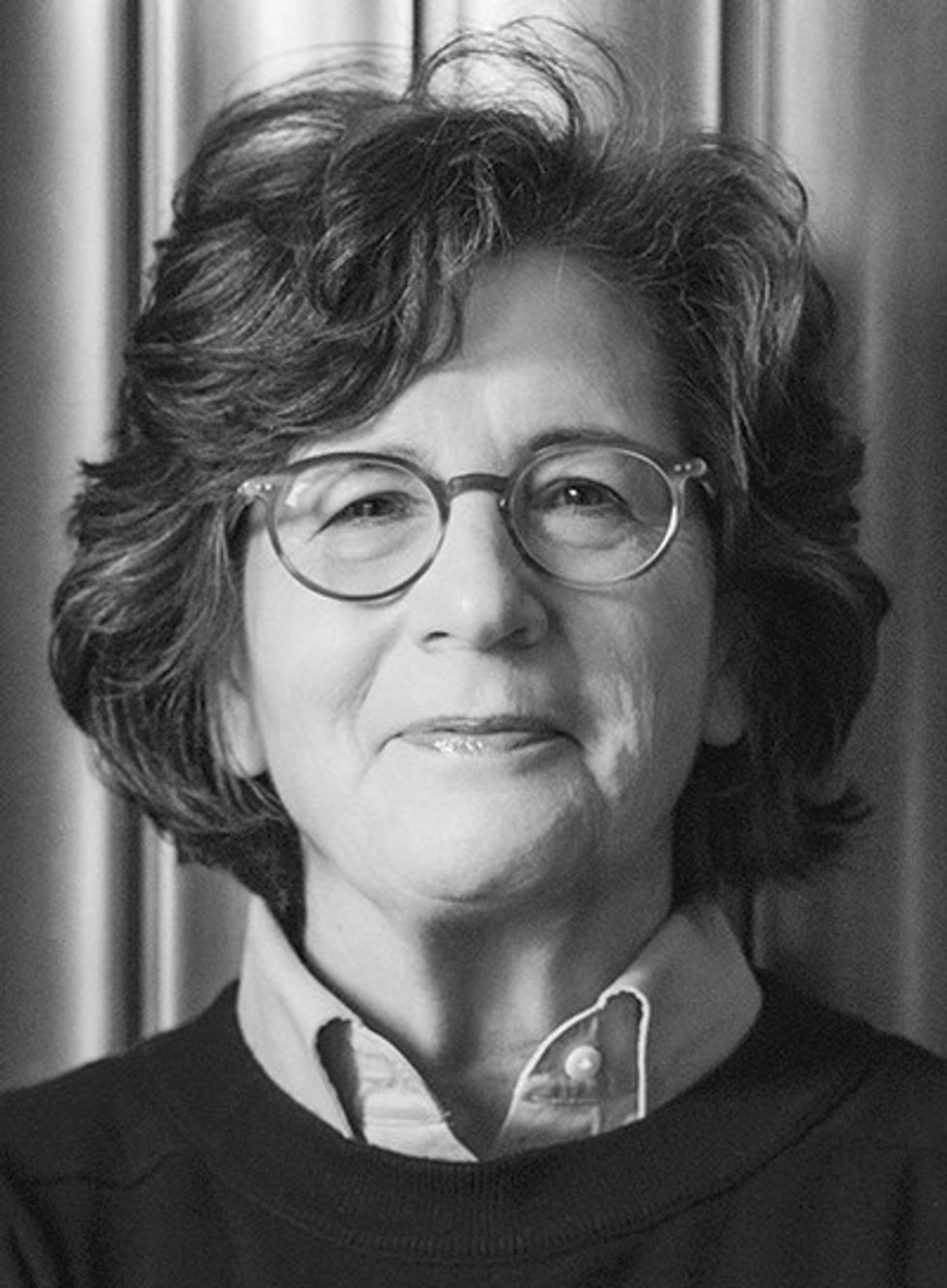 Betsy Lerner, author of “Shred Sisters,” is giving the 2025 Brendan Gill lecture at the Haystack Book Festival.Haystack Book Festival
Betsy Lerner, author of “Shred Sisters,” is giving the 2025 Brendan Gill lecture at the Haystack Book Festival.Haystack Book Festival




